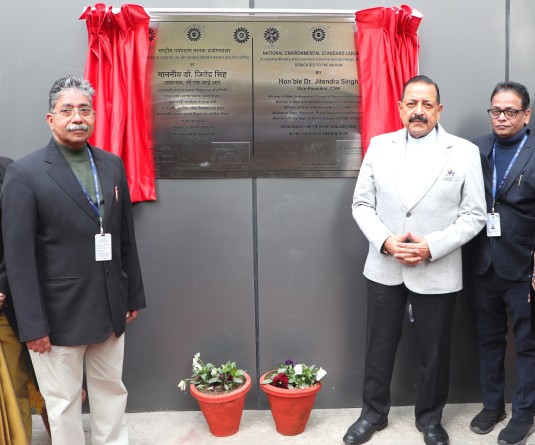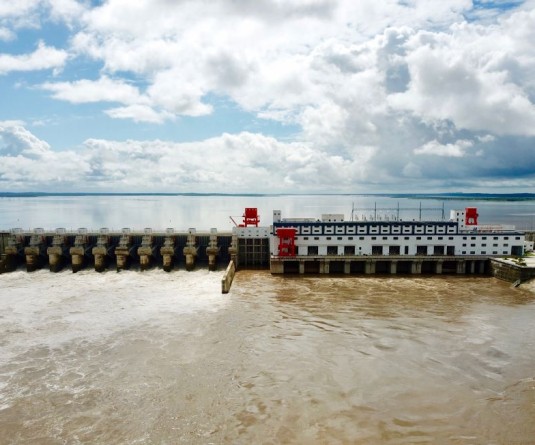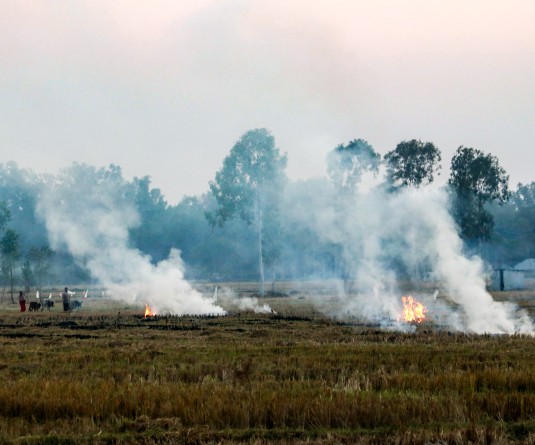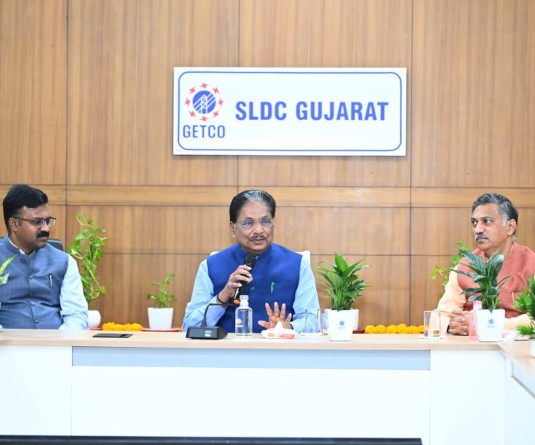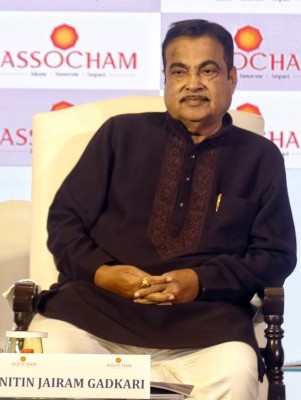
Mumbai, April 13 (IANS): Making a strong case for improving and promoting the use of public transport, Union Minister for Highways Nitin Gadkari said that road transport alone is responsible for 40 per cent of the air pollution in India, here on Thursday.
Addressing the 11th Biennial International Conference on Ports, Shipping and Logistics, Gadkari said that the government is implementing various measures to promote public transport as ecology and environment are the 'highest priority'.
He referred to the double-decker buses in Mumbai and Bengaluru bus services as examples of these measures, and road projects worth Rs 65,000 crore underway in and around Delhi.
Besides, approval has been given for 260 ropeways and cable cars and other public transport modes to reduce road traffic congestion and air pollution, the Minister said.
The Centre is also trying to construct electric highways, and along with electric vehicles, make use of vehicles with flex engines.
Since hydrogen is the fuel of the future, there should be no hassles running trucks and buses using methanol as fuel even in Mumbai to reduce fuel costs and pollutants, Gadkari said.
The government has also started 36 green highway projects and paid more than the market value as compensation for the lands being acquired for these ventures, removing all hurdles in this process.
"We are working to reduce logistics cost to 9 per cent -- which is currently 14-16 per cent -- by 2024. Better roads and lower logistic costs will help in enhancement of trade business and industry," said Gadkari.
He said that 5-6 logistics parks will be set up in Maharashtra, and the work of construction of dry ports at Jalna and Wardha in the state has been completed and now the work of construction of similar dry ports in Nashik and Pune is being undertaken.
Gadkari urged that if water transport can be launched between Mumbai and Goa, the entire picture of transportation in this region will change as its very cost-effective compared with road and rail, and if alternative fuels are used, the cost of water transport will further reduce.


